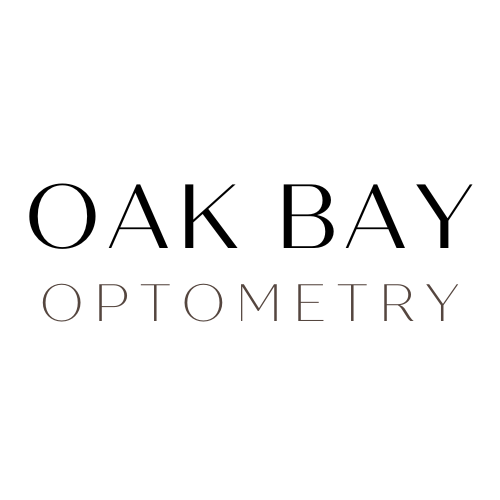What is Age-Related Macular Degeneration?
What is Age-Related Macular Degeneration?
Age-related macular degeneration, often indicated as AMD, is an eye disease that affects your central vision.
The macula is the central part of the retina located at the back of the eye. It is responsible for detailed vision. With macular degeneration, you will lose the ability to see things directly in front of you. Daily activities such as reading, driving, and recognizing people’s faces require seeing detail and are therefore most affected.
There are two types of AMD:
Dry AMD is most common and accounts for 90% of all cases. It develops when tiny clumps of protein, called drusen, form under your macula. These protein deposits can thin your macula. Dry AMD is considered milder and generally develops slowly over time.
Wet AMD is less common but more serious. It’s characterized as scarring caused by bleeding of weak blood vessels or growth of abnormal blood vessels under the retina. This form of age-related macular degeneration can quickly lead to central vision loss.
Dry AMD can develop into wet AMD at any time.
What are the symptoms of AMD?
Patients don’t experience pain with AMD. Symptoms most commonly include vision changes and may progress slowly or quickly.
In the early stages of AMD, you may be symptom-free. AMD can only be identified by having a comprehensive eye exam.
AMD is a progressive disease. Initially, symptoms may include blurred central vision, dark spots or missing areas in your vision, and straight lines appearing wavy or distorted.
In the late stages of AMD, you may experience a complete loss of central detailed vision.
Who’s at risk of developing AMD?
Age is a risk factor for this disease. AMD is the leading cause of blindness in North American adults over the age of 50.
Other risk factors include smoking, extensive UV light exposure, a family history of AMD, and cardiovascular disease.
Diagnosing AMD
A comprehensive routine eye exam is essential to detecting age-related macular degeneration. A dilated check of the person’s eye health using a special microscope allows the optometrist to look directly into the back of the person’s eye to observe for signs of AMD.
To retrieve detailed images of the back of the eye, OCT, optical coherence tomography, may be utilized. OCT imaging will help the optometrist identify and monitor any changes to the macula.
Along with an Amsler grid, a visual field test may be conducted to detect the extent of functional vision loss, a symptom of AMD.
Can you treat AMD?
In the early stages of AMD, the optometrist may recommend dietary supplements, self-monitoring of vision at home with an Amsler grid, and routine eye exam to monitor progression as treatment options.
In the later stages of AMD, treatment options may include eye injections to prevent further leakage of blood vessels to minimize vision loss.
How can AMD be prevented?
By implementing certain habits, you can slowly and potentially prevent the development of age-related macular degeneration:
- Wearing UV 400 protective glasses and sunglasses when you’re outdoors (even in low light conditions)
- Living a healthy lifestyle, including routine exercise
- Keeping your blood pressure under control and reducing the intake of fatty foods
- Consuming a nutrient-rich diet, including healthy eye foods rich in antioxidants, vitamins C and #, zinc, copper, and omega-3 fatty acids. These foods include dark leafy greens, fruits and vegetables, and fish.
- Routine comprehensive eye exams are essential for early detection and prevention.
AMD and Low Vision
Low vision is the loss of eyesight that makes everyday tasks difficult. As AMD progresses, low vision aids can help patients maximize their remaining vision. Your optometrist can prescribe magnifiying devices to help your distance and near vision. While these aids will not restore sight, they can improve functional vision to help people go about their daily activities.
To learn more about low vision rehabilitation, schedule an appointment with Dr. Camorlinga, who specializes in low vision.
